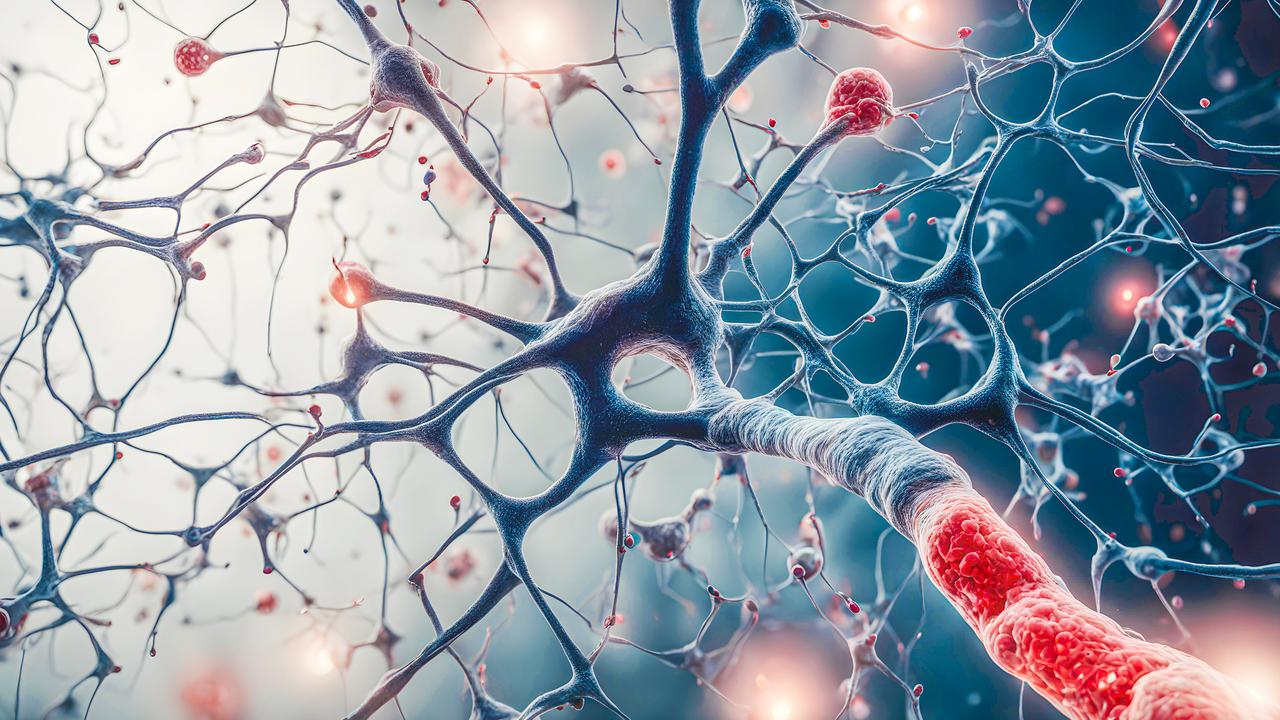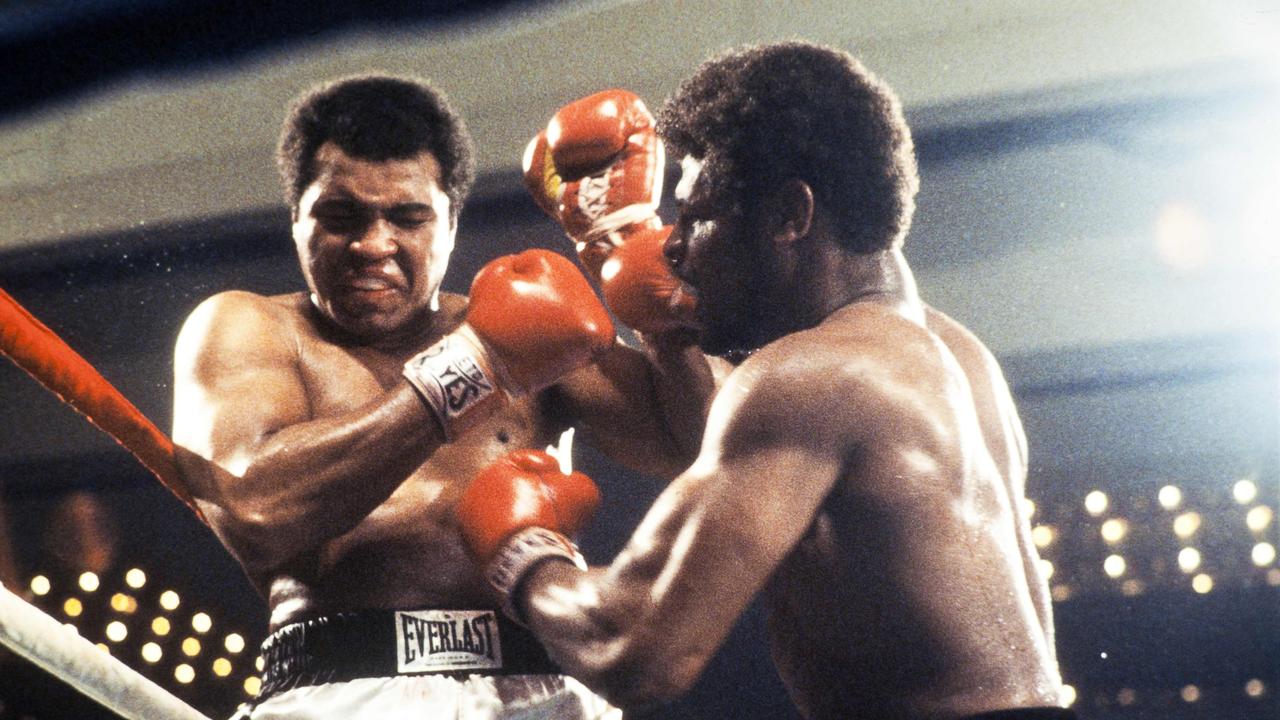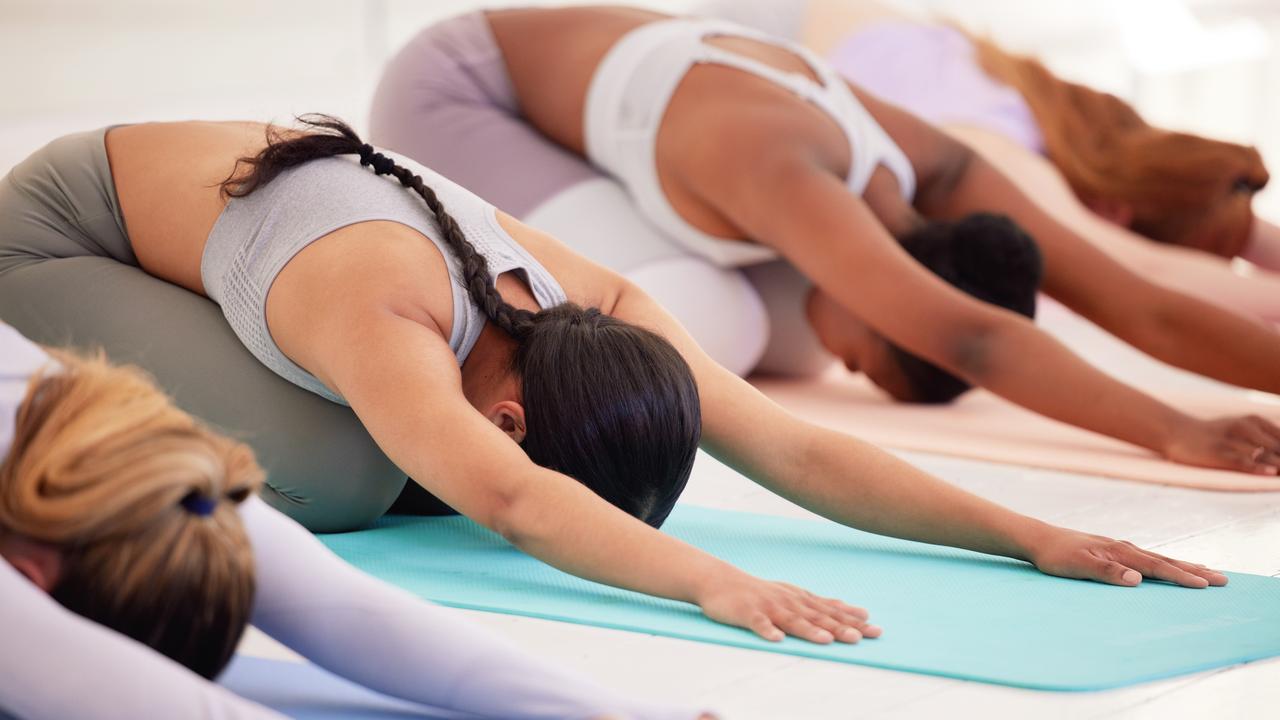Australian doctor reveals the one exercise you need to do
If you only ever do one type of exercise, make sure it’s this one – because both your body and mind will thank you.
Welcome to Ask Doctor Zac, a weekly column from news.com.au. This week, Dr Zac Turner explores which exercise is the best.
QUESTION: Hi Dr Zac, I’m in my 40s and I think I live a pretty healthy lifestyle, but at my age things start going downhill and I want to keep as fit as I can for as long as I can, not just physically but mentally as well. I go to the gym a few days a week but I also don’t mind treating myself to a glass of wine (they say it’s about balance, right?) My question is: what is the best thing I can be doing for my health – physical and mental? Are there any exercises or sports that are better than others? – Julie, 43, Wollongong
ANSWER: Great to meet you Julie, this is a fantastic question that a lot of people can relate to when they reach their 40s.
Any physical activity such as walking or training at the gym is great for keeping fit and mobile, but I love that you mentioned mental fitness as well. Exercising your brain is just as important as exercising any other muscle in your body.
We’ve all seen the pros – Muhammad Ali, Mike Tyson and even Sylvester Stallone (OK, Rocky) – float like butterflies and sting like bees. But let’s face it: some boxers, after a few too many hits to the noggin, don’t exactly stay as sharp as their punches.
Enter kickboxing, the high-energy sport that lets you enjoy all the brain-boosting benefits of boxing, without risking your grey matter getting scrambled. Yes, staying sharp involves throwing punches, but more importantly, avoiding them.
Let’s dive into why kickboxing – and other exercises – are a knockout for brain health and how you can lace up your metaphorical gloves for better cognition and mood.

Kickboxing: Punching your way to a better brain (safely)
Kickboxing is a rare gem among physical activities. It’s high-intensity, dynamic and mentally engaging without requiring you to dodge fists (or teeth).
A blend of aerobic and anaerobic exercise, it strengthens your body while delivering a mental workout that keeps your brain firing on all cylinders. Plus, it’s fun, empowering, and – let’s not forget – great for stress relief. After all, who doesn’t want to unleash a roundhouse kick on life’s frustrations?
But the magic isn’t just in the punches. The science behind kickboxing’s brain benefits is compelling:
Neuroplasticity and BDNF: Research shows anaerobic exercise like kickboxing boosts Brain-Derived Neurotrophic Factor (BDNF) – a protein that supports neuron growth and resilience. Think of it as fertiliser for your brain.

Prefrontal power: The split-second decisions needed to throw the right punch or block a kick fire up your prefrontal cortex – the part of your brain responsible for planning, focus and executive function.
Co-ordination central: Combining motor skills, spatial awareness and rhythm improves your brain’s overall agility. It’s like solving a Rubik’s cube while doing burpees – a serious mental workout.
Kickboxing can keep your brain young while giving you a full-body glow. Just remember: it’s best to leave the headshots to the pros (or better yet, avoid them entirely).

The fine line between ‘exercise genius’ and ‘oops, too much’
While kickboxing is fantastic, too much or too little exercise can throw your brain for a loop. Let’s break it down:
The couch potato conundrum
A sedentary lifestyle doesn’t just make your muscles stiff – it also makes your brain sluggish. Physical inactivity has been linked to reduced hippocampal size (the brain’s memory centre) and an increased risk of Alzheimer’s.
Signs you might need to get moving include:
â— Forgetting where you put your car keys (again).
â— Feeling perpetually “meh” or unmotivated.
â— Struggling with simple tasks like deciding what to eat for dinner.

The overtraining overdose
On the flip side, too much of a good thing – exercise, in this case – can leave you with foggy thoughts, irritability and the dreaded burnout. Overtraining floods your system with cortisol, a stress hormone that can damage neurons when overproduced.
Warning signs include:
â— Chronic fatigue and low energy.
â— Trouble concentrating or recalling details.
â— Becoming irrationally angry, for example, when someone eats your leftovers,
A safe middle ground
To stay brain-healthy, aim for about 150 minutes of moderate-to-vigorous aerobic activity per week. Whether it’s kickboxing, running or a Beyoncé-inspired dance-off in your living room, the key is consistency and balance.

Boxing legends and lessons: The cautionary tale of too many hits
For professional boxers, the mantra often is, “No pain, no gain”. But as some legends have shown, repeated blows to the head can lead to chronic traumatic encephalopathy (CTE) – a progressive brain disease linked to memory loss, mood changes and confusion.
Take Muhammad Ali, a powerhouse both in and out of the ring. While his legacy is untouchable, his later-life battle with Parkinson’s disease raised awareness of how repeated head trauma can impact brain health. Similarly, Mike Tyson, famous for his ferocity in the ring, has spoken about memory challenges, underscoring the importance of protecting your brain – even if you’re the Baddest Man on the Planet.
For those of us who aren’t professional pugilists, the takeaway is clear: enjoy the brain benefits of boxing-style workouts, but leave the head hits to action movie choreography.


More brain-boosting exercises that pull their weight
If kickboxing doesn’t get your adrenaline pumping, don’t worry – I recommend these other activities, which pack an equally powerful punch for your brain:
â— Dancing: From salsa to hip-hop, choreographed dance combines physical exertion with mental focus. Learning new moves strengthens memory and balance while keeping your social life lively. No rhythm? No problem – just pretend you’re in a TikTok challenge.
â— Swimming: Glide through laps for full-body exercise and brain-boosting benefits. The rhythmic nature of swimming improves focus and reduces anxiety, while the co-ordination of strokes works your motor planning.
â— Trail running: Running is great, but throw in some uneven terrain and it becomes a brain-engaging obstacle course. Navigating trails hones spatial awareness and decision-making – just watch out for tree roots.
â— Yoga: Whether you’re striking a Warrior Pose or perfecting a headstand, yoga strengthens the mind-body connection, reduces stress and increases grey matter density.
Making brain-boosting exercise a family affair
Exercise isn’t just for the 74-year-old kickboxing grandma – it’s for everyone. Here’s how to help yourself, your kids, and your parents keep their brains in fighting shape:
â— For yourself
Choose activities you genuinely enjoy. Whether it’s kickboxing, dance or yoga/pilates, find something that makes you excited to move.
â— Mix it up
Alternating between high-intensity exercises and slower, mindful activities keeps your brain adaptable and engaged.

â— For kids
Encourage sports that combine physical activity and strategy, like soccer, gymnastics or martial arts.
Make it fun. Play is the best way to ensure kids stay active while reaping the cognitive benefits.
â— For older adults
Suggest group classes for both exercise and social interaction – think tai chi, aqua aerobics or dance lessons.
Focus on exercises that improve balance and co-ordination to prevent falls.
Clinical signs to watch for: Is your brain loving (or hating) your routine?
Keep an eye out for these signs of declining brain health:
â— Struggling to remember recent conversations or names.
â— Difficulty focusing on tasks.
â— Mood swings or increased irritability.
â— Slower reaction times or clumsiness.
If you notice these, it might be time to adjust your exercise routine – or even just start one. The good news? Improvements in focus, memory and energy levels are often noticeable within weeks of regular physical activity.
Conclusion: Punch up your brain power (without the black eyes)
Kickboxing and other brain-boosting exercises can do wonders for your mind, body and mood. From releasing feel-good endorphins to enhancing memory and focus, the science is clear: moving your body helps sharpen your mind. But remember – moderation is key. Too little exercise leaves your brain sluggish, while too much can backfire.
So whether you’re lacing up gloves for a kickboxing class or trying not to trip during salsa lessons, keep your brain health front and centre. And if someone asks why you’re avoiding headshots, just tell them you’re smarter than that.
Got a question? askdrzac@conciergedoctors.com.au
Follow Dr Zac on Instagram
Dr Zac Turner is a medical practitioner specialising in preventive health and wellness. He has four health/medical degrees – Bachelor of Medicine/Bachelor of Surgery at the University of Sydney, Bachelor of Nursing at Central Queensland University, and Bachelor of Biomedical Science at the University of the Sunshine Coast. He is a registrar for the Australian College of Rural and Remote Medicine, and is completing a PhD in Biomedical Engineering (UNSW). Dr Zac is the medical director for his own holistic wellness medical clinics throughout Australia, Concierge Doctors.






